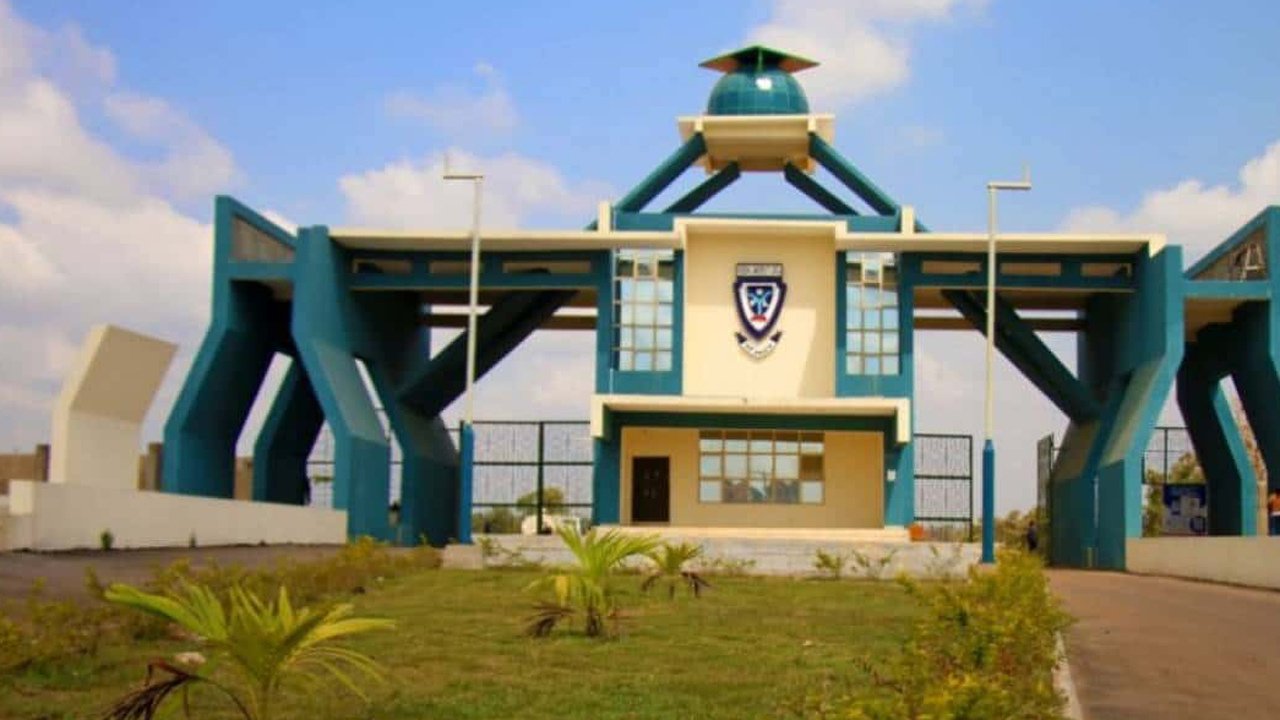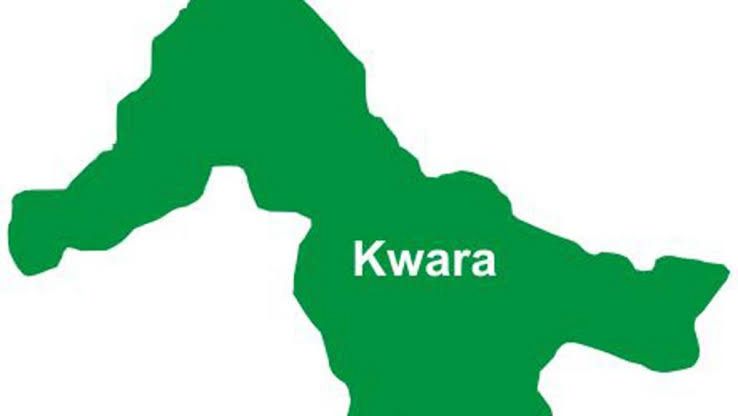The Nigeria Union of Teachers (NUT) has expressed concerns over the alarming manpower crisis in the country’s public primary and secondary schools, with a shortage of over 194,876 teachers.
It subsequently appealed to both the federal and state governments to take urgent steps by implementing the enhanced salary structure and welfare packages approved by the last administration.
NUT President, Titus Amba, in an interview with The Guardian, urged all tiers of government to ensure that the right number and quality of teachers are employed to promote effective education delivery and improve learning outcomes in the school system.
Amba deplored the low status of teachers and the poor conditions under which they work, despite being the soul of any education system. Apart from low remuneration and the difficulties some teachers face in discharging their duties, Amba lamented that some state governments have refused to implement the N70,000 new minimum wage approved by the federal government. Specifically, the NUT boss called for improved remuneration and a welfare package for teachers to make teaching more attractive to younger ones.
“The well-being of educators is crucial to attract new ones and tackle the teacher shortage. It was in recognition of the low status of teachers and the poor working conditions under which they work that the federal government, under the late Buhari, approved welfare packages for them, with a view to repositioning the sub-sector for improved service delivery.
“Some of the approved incentives include a special salary scale for teachers in basic and secondary schools, as well as a harmonised retirement age of 65 and 40 years of service for teachers.
“It is worrisome to note that apart from the new retirement age for teachers, which has been implemented by 22 states and the Federal Capital Territory (FCT), Abuja, other approvals made in 2020 are yet to be implemented.”
On the shortage of teachers, Amba noted that if the problem persists, it may hinder the realisation of Sustainable Development Goal 4 (SDG 4) by 2030.
“The shortage of teachers has become a major challenge to education systems of nations around the world, having direct implications on the quality of education.”
“The United Nations Educational, Scientific and Cultural Organisation’s (UNESCO) global reports on teachers and early childhood care showed a shortage of about 44 million primary and secondary education teachers, and at least six million pre-primary education teachers to meet the SDG 4 target by 2030.
“Available statistics showed an alarming manpower crisis in primary and secondary schools, especially in the rural areas.” According to the Universal Basic Education Commission (UBEC 2024), there is a shortage of 194,876 teachers in public primary schools across the country, while the situation in the secondary education sub-sector is also not encouraging.
The NUT chief also decried the removal of the Teachers’ Registration Council of Nigeria (TRCN) from the federal government’s budgetary allocation.
He called on President Bola Tinubu to revisit the issue of delisting the TRCN from government funding and ensure that the council benefits from the national budget, thereby providing the necessary empowerment and support.
He warned against the commercialisation of education in Nigeria, while expressing concern over policies that promote the privatisation of education through the handover of schools to missions and voluntary agencies, rather than building and maintaining public schools that would provide the needed access and promote the interests of all children.






